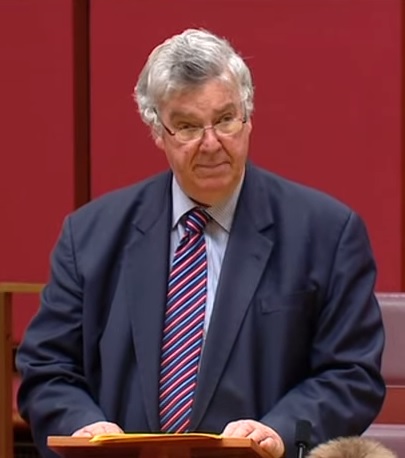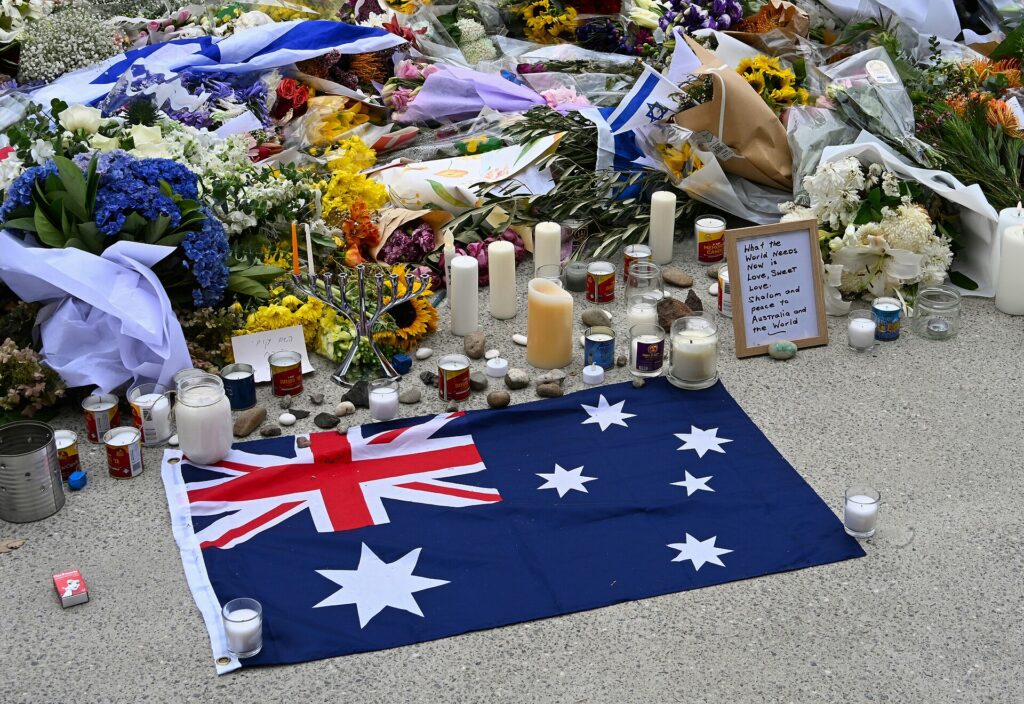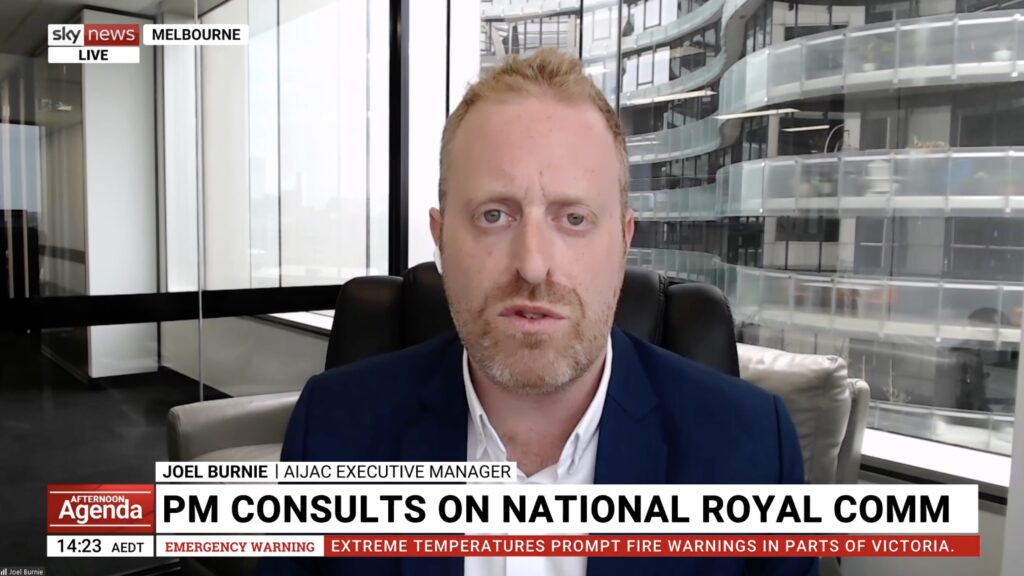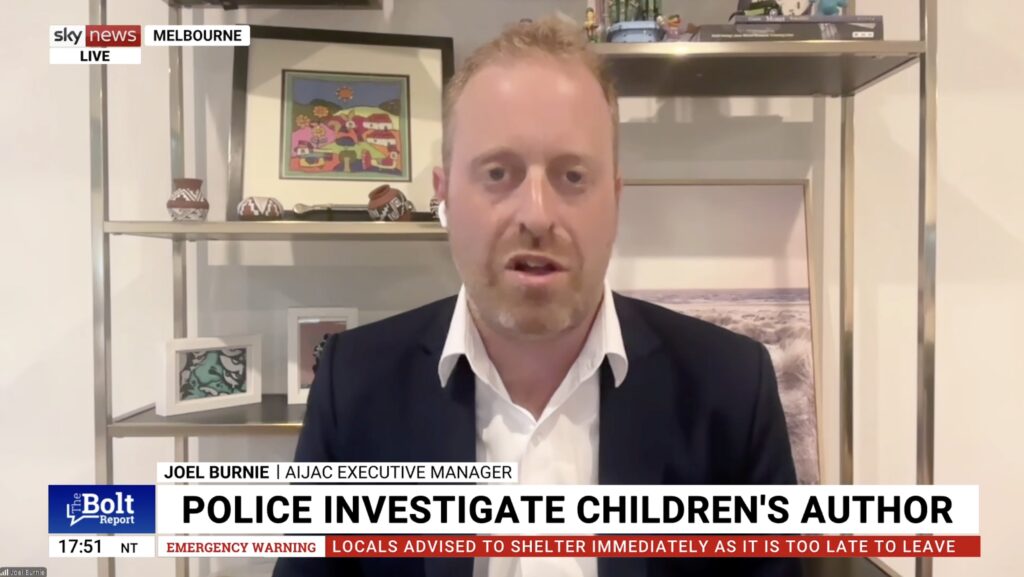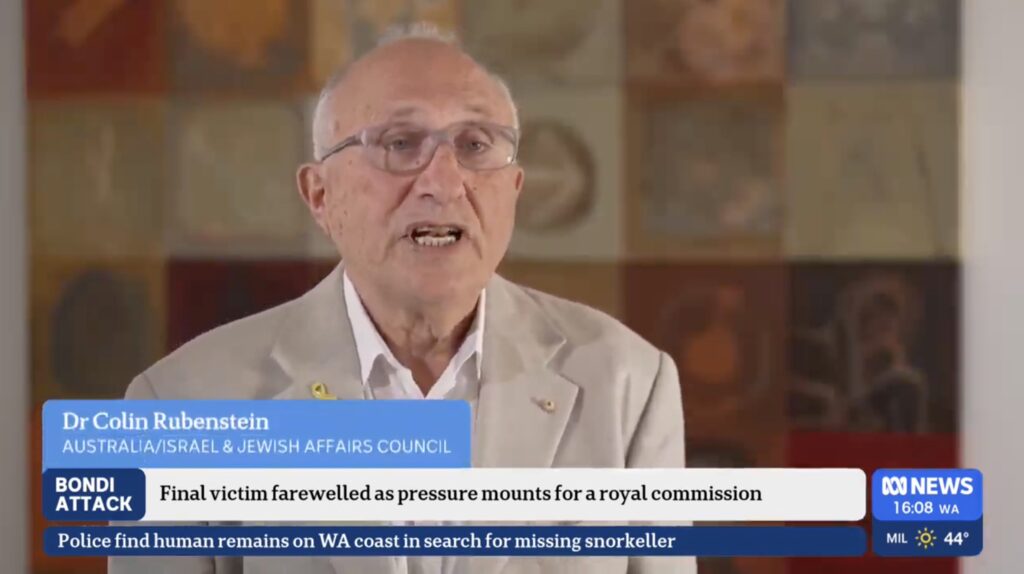UPDATES
The Unholy Alliance of Iran and al-Qaeda
August 3, 2011 | Allon Lee
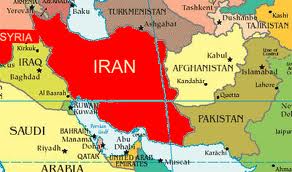
The Obama Administration has released explosive details of how Iran has become a safe haven for al-Qaeda.
It comes as the Administration is reportedly interested in refocusing world attention on, in the words of US Treasury Department’s Undersecretary for Terrorism and Financial Intelligence David S. Cohen, Iran’s “unmatched support for terrorism” as well as its ongoing nuclear weapons program.
Joby Warrick in the Washington Post has a good report of the bones of the story of Iran’s facilitation of an al-Qaeda-run support network that transfers large amounts of cash from Middle East donors to Iraq, Afghanistan and Pakistan.
The money is mostly collected in Kuwait and Qatar, is then funneled “to al-Qaeda’s top leadership in Pakistan’s tribal region”. Iran also allows “the movement of al-Qaeda foot soldiers through its territory”.
The Iran-to-Pakistan network is believed to be run by Syrian national Ezedin Abdel Aziz Khalil “who has been allowed to operate in Iran since 2005”.
Khalil has directed the flow of cash and recruits from Persian Gulf states to Pakistan through Iran, according to U.S. officials and documents. The Treasury Department imposed sanctions on Khalil and five other alleged operatives, including Atiyah Abd al-Rahman, a senior al-Qaeda leader on the Pakistani end of the pipeline. Rahman, a top spiritual adviser to al-Qaeda, was a longtime aide to Osama bin Laden, the al-Qaeda leader slain this year in Pakistan, and he once served as a bin Laden-appointed emissary to the Iranian government.
One unnamed counterterrorism official quoted by Warrick notes that the death of al-Qaeda chief Osama bin Laden has weakened the organisation and, therefore, now is the time to “tighten the screws”.
For more in-depth analysis of the Iran-to-Pakistan network, the Washington Institute for Near East Policy’s Patrick Clawson offers up a good Q&A-style primer.
Cutting to the chase, Clawson believes the US Treasury designation of Khalil et al “highlights that U.S. differences with Iran extend well beyond the nuclear impasse”.
In its approach to the negotiations with the six major powers, Iran at times seems to care primarily about the U.S. position. The nuclear negotiations could be further complicated if Iran concludes that a deal on its controversial nuclear program will reduce U.S. pressure on the Islamic Republic. On the other hand, other powers may be more willing to increase pressure on Iran to suspend its nuclear and missile programs given the U.S. designation that Iran has for years been supporting a widely reviled terrorist group. To the extent that Iran is seen to have been engaging in a wide range of dangerous activities, there may be broader and deeper international consensus that the source of the nuclear impasse lies in Iran rather than in the United States and Europe.
Meanwhile, New Yorker magazine‘s Nicholas Schmidle has written a lengthy but valuable article revealing the details of successful takedown by the Obama Administration of bin Laden.
Schmidle looks at the intelligence that located bin Laden, the preplanning, the what ifs, the operation itself, and the postscript to the nine year effort to track down a man who was the world’s most wanted terrorist.
Tags: Afghanistan/ Pakistan

